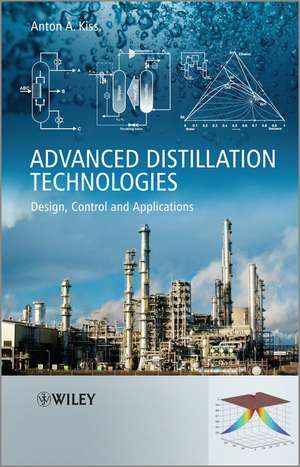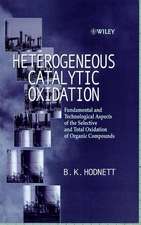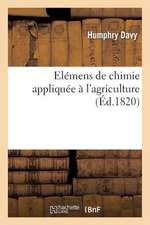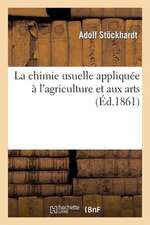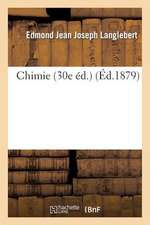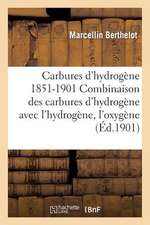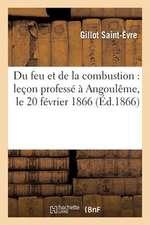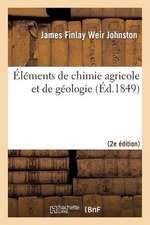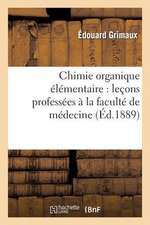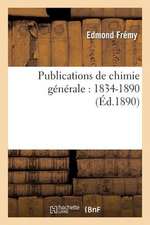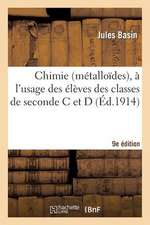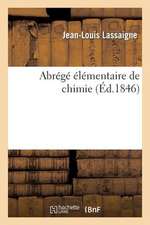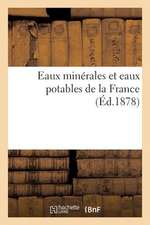Advanced Distillation Technologies – Design, Control and Applications
Autor AA Kissen Limba Engleză Hardback – 15 apr 2013
Preț: 1055.91 lei
Preț vechi: 1160.34 lei
-9% Nou
Puncte Express: 1584
Preț estimativ în valută:
202.05€ • 210.54$ • 167.30£
202.05€ • 210.54$ • 167.30£
Carte tipărită la comandă
Livrare economică 03-17 aprilie
Preluare comenzi: 021 569.72.76
Specificații
ISBN-13: 9781119993612
ISBN-10: 111999361X
Pagini: 414
Dimensiuni: 152 x 229 x 24 mm
Greutate: 0.66 kg
Ediția:New.
Editura: Wiley
Locul publicării:Chichester, United Kingdom
ISBN-10: 111999361X
Pagini: 414
Dimensiuni: 152 x 229 x 24 mm
Greutate: 0.66 kg
Ediția:New.
Editura: Wiley
Locul publicării:Chichester, United Kingdom
Public țintă
Research Scientists in the fields of chemical and petrochemical engineering, separation processes, and distillation; Industry Practitioners involved in separations and purification technologies; Advanced Students and Graduate Students.Cuprins
Notă biografică
Dr. Ir. Anton A. Kiss has a PhD degree in chemical engineering and around 15 years of academic research and education experience, supported by 5 years of industrial research experience in the area of distillation and integrated chemical processes. Currently, he works as project leader and senior researcher in Separation Technology at AkzoNobel Research, Development & Innovation, Deventer, The Netherlands, acting as the key expert in distillation, reactive-separations, and other integrated processes. In his capacity as an award-winning researcher in separation technologies - particularly in distillation - Dr Kiss has given many lectures at universities and conferences and has carried out more than 100 research & industrial projects. He has also supervised numerous graduation projects, and has published several textbooks and more than 50 scientific articles in peer-reviewed journals.
Descriere
Distillation has historically been the main method for separating mixtures in the chemical process industry. However, despite the flexibility and widespread use of distillation processes, they still remain extremely energy inefficient.
